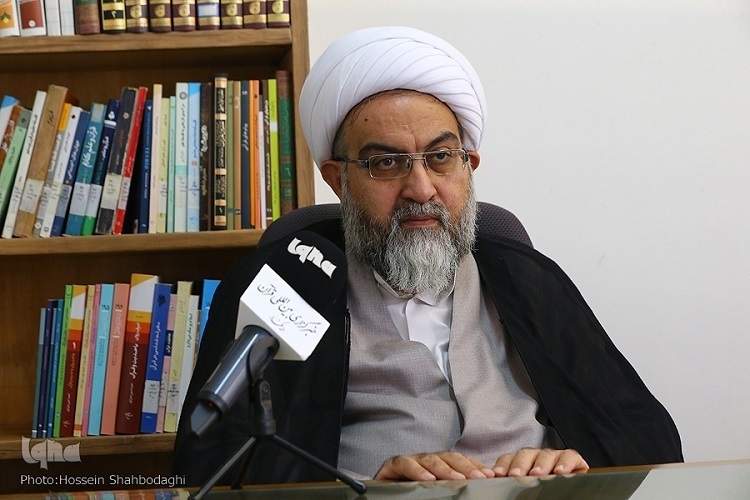Lack of Theological Foundation Sets Stage for Deviations in Spirituality: Senior Scholar

“Spirituality without a strong theological foundation can lead to various deviations,” Hojat-ol-Islam Seyyed Mohammad Taqi Sobhani said on Monday while addressing a scientific conference in Qom focusing on the applications of the Ilm al-Kalam (Kalam) which is the scholastic, speculative, or philosophical study of Islamic theology.
“Today, spirituality has spread in the West through various emerging forms,” he said, noting that, interestingly, despite extensive efforts over the past eighty years, there is still no clear definition of spirituality.
The World Health Organization has issued statements on the subject, and various universities conduct scientific research on it, but a specific concept of spirituality remains elusive, added the seminary scholar.
“Consequently, we see a range of spiritual expressions, from secular and imaginative to religious, moral, and otherworldly,” he said, noting that one notable example of emerging spirituality in today's world is Satanism.
Statistics indicate that there are 1,000 emerging spiritual sects in the United States alone, with 400 officially recognized sects in Europe, according to the scholar.
Read More:
Sobhani noted that since the beginning of the 20th century, the ideals of modernity have gradually collapsed, starting with the First World War. “The West, which was supposed to create a utopia, instead initiated one of the largest wars in history.”
The Western powers turned against each other, causing massive destruction and loss of life, demonstrating that modern society fails to uphold values such as self-restraint, crisis management, human rights, and the rights of women and children, he said.
“The modern world cannot protect humanity from moral and existential dangers,” he said, stressing, “A society without morality and spirituality is more barbaric than civilized.”
As these criticisms mounted and the promises of modernity failed, Western society began to turn towards spirituality, he said.
Read More:
“Today, spirituality is considered one of the most significant aspects of human and civilizational development; however, there are interpretations of spirituality today that distort its true essence and run counter to its genuine purpose,” added the senior lecturer.
“If we fail to offer a proper understanding of spirituality, the West will fill the gap with secular spirituality, and the East will offer alternatives like Buddhism. This has happened before, where the inability to address spiritual needs led to the rise of rituals contrary to Sharia, and the emergence of a new culture,” he said, adding, “Unfortunately, our theological and Kalam approaches, instead of reinterpreting and integrating spirituality, have often retreated from this field.”
Kalam, with its dual emphasis on reason and revelation, is essential for interpreting spiritual matters, he highlighted, adding that another key role of Kalam is to safeguard the true essence of spirituality.
4230243



